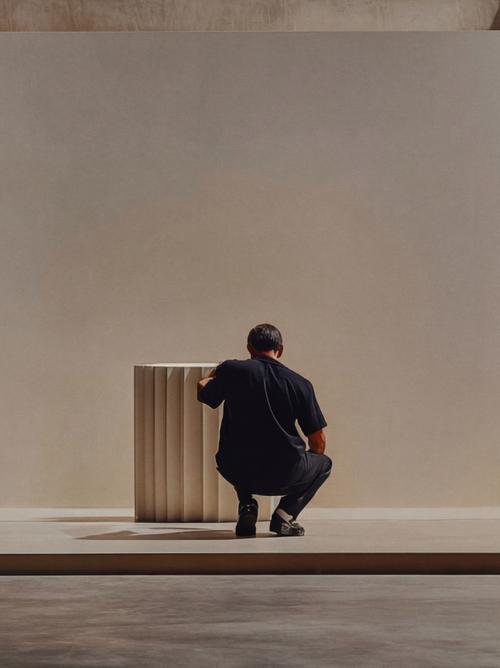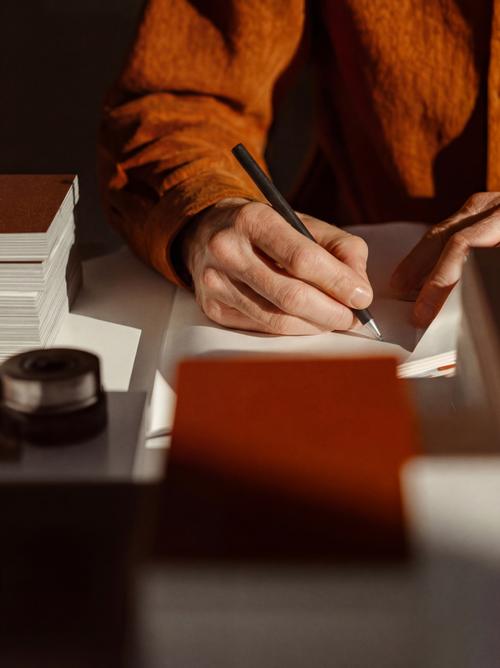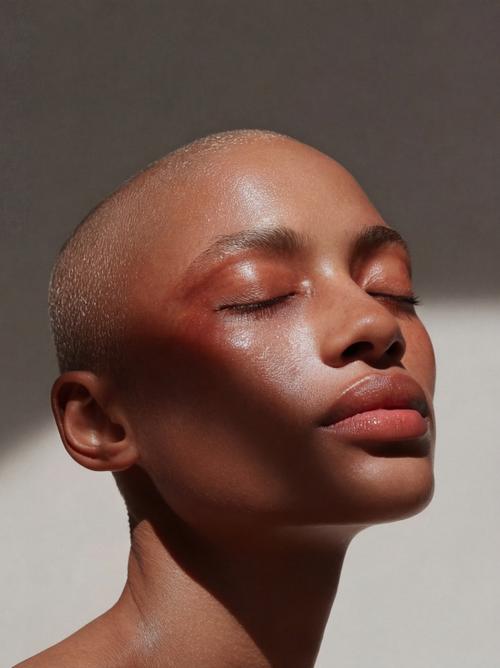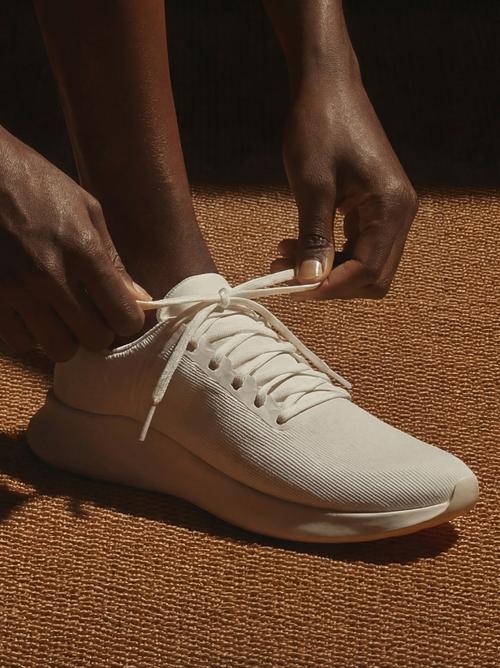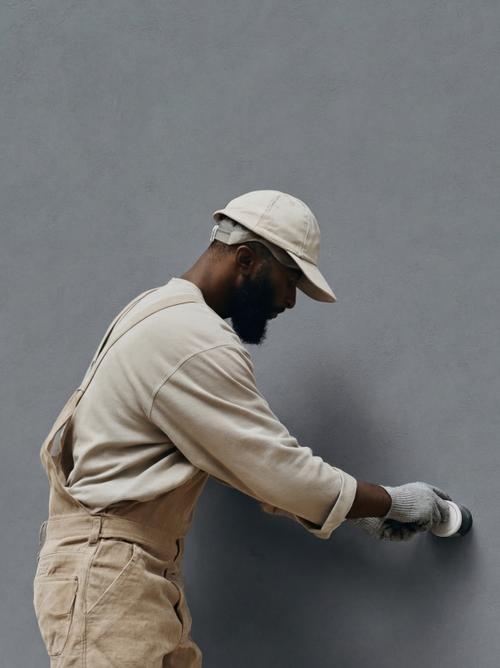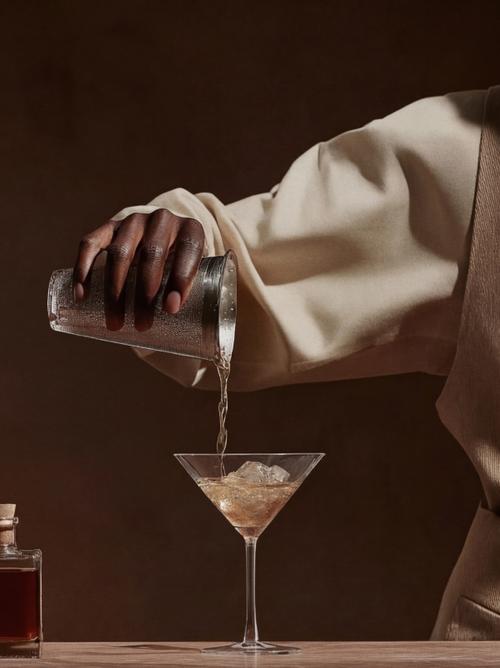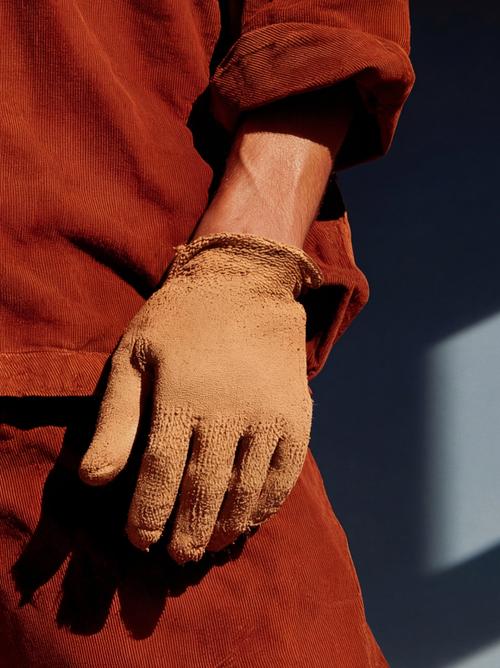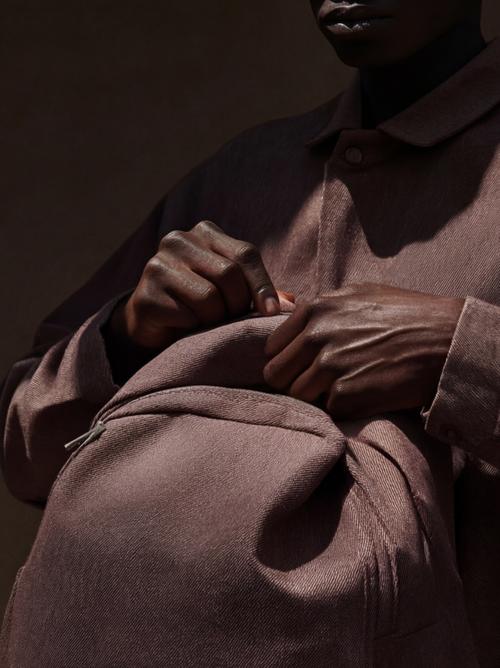Of all the spectacles associated with this year's Super Bowl—zombie children selling insurance! adorable interspecies friendships! Left Shark!—perhaps the unlikeliest involved Jeff Bridges, hirsute as ever, letting loose some resonant “om”s while sitting next to a sleeping couple in their bedroom.
The oddball ad is for Internet company Squarespace, which is hosting Bridges’ Sleeping Tapes—a real album designed to help listeners get a good night's rest. The idea seems novel enough—it's almost impossible not to visualize The Dude lying on his rug, blissfully listening to bowling matches on his Walkman—but the record is actually a remarkable collaboration with Keefus Ciancia, a composer for the “True Detective” soundtrack, and Lou Beach, a writer and graphic designer whose collage-heavy work has graced the covers of classic albums by Weather Report, the Flying Burrito Bros, and Yellow Magic Orchestra. Available as a pay-what-you-will download, as well as a cassette, LP, or super-limited-edition box set that includes a sleep mask and a note from Bridges, Sleeping Tapes doubles as a fundraiser for No Kid Hungry, a charity campaign for which the actor serves as spokesperson.
A sleep aid narrated by Bridges would be awesome enough, but Sleeping Tapes turns out to offer far more than that. Flitting between Bridges' gravelly ad-libs and surrealistic short stories, poems, guided meditations, and positive affirmations, it's part comedy album, part Ambien, part conceptual prank. It scores pretty highly as an ambient album, too, full of far-out drones and captivating sound design.
I spoke to Bridges last week after his appearance on "Jimmy Kimmel Live" to find out about what it's like to bed down with the dude behind The Dude.
Pitchfork: Where did the idea for Sleeping Tapes come from?
Jeff Bridges: Squarespace, a website design company, hired this advertising house to make a Super Bowl commercial and they approached me on it. They didn't want to make a commercial that promoted Squarespace; they wanted to show a website that they designed, and no idea was too wild or crazy. So they presented me with several quite absurd ideas of what my website might be. Sleeping Tapes appealed to me because of the retro title. Even the word "tapes" is such an archaic kind of thing. It reminded me of Bob Dylan and the Band'sBasement Tapes. I was a big fan of that.
They encouraged me to make it my own thing and really run with this, so I did exactly that. I thought it would be a great opportunity to work with my dear friend Keefus Ciancia, who worked with T. Bone Burnett to create the soundtrack for "True Detective". Keefus was instrumental in creating all those ambient sounds on the record, and Lou Beach designed the cover with those eyes and also wrote those four stories in the Tapes. We just had a great time playing with each other!
The clincher for me was the fact that all the sales would go to support Share Our Strength'sNo Kid Hungry campaign, which is all about ending childhood hunger in America, which is a huge problem. I just read a report a few days ago from the Southern Education Foundation telling us that 51 percent of the children in America who go to public schools are from low-income families, and all of those kids are eligible for free school breakfasts, but only half of those kids are actually getting 'em because they can't get to school a half-hour early and eat in the cafeteria. And also, stigma is a big problem: They don't wanna have that stigma being the poor kid, so they just end up coming to school too hungry to really learn. We've found tremendous success in having test scores improving and kids being able to concentrate because they're well fed when they start the day.
Pitchfork: How much money has been raised from the album so far?
JB: Over $100,000. There are five box-set collections that'll be auctioned off over this year, and I'm hoping we'll raise a lot of money from that, too.
Pitchfork: The album sounds like it was a real ball to record. I particularly like "Goodmorning, Sweetheart", where you try to record your wife first thing in the morning, and she’s not crazy about the idea. Was a lot of it improvised?
JB: For that one track, I was out in the morning at a table on our patio recording humming, and my wife just came out, and that scene transpired. There were several things like that. A lot of it was improvised, and also, the advertising house supplied writers who wrote the "Temescal Canyon" walk and the affirmations ["Feeling Good"]. We've got more material recorded, and I have more material in mind to keep this thing going and make more installments! It's sort of a new genre.
Pitchfork: I can’t stop playing the story track “Ikea”, it’s so surreal.
JB: Lou Beach wrote that, and if you liked those stories, he’s also got a book called 420 Characters, and each one is made up of 420 characters. He's just an incredible writer.
Pitchfork: I can't help but sense the presence of The Dude in certain elements of the Sleeping Tapes. Is there a particular character that you're playing here?
JB: Well, I magnify certain aspects of myself and kick other aspects to the curb for every character that I play in the movies, and this project was no exception. There's a lot of myself in it. It's sort of a new character.

